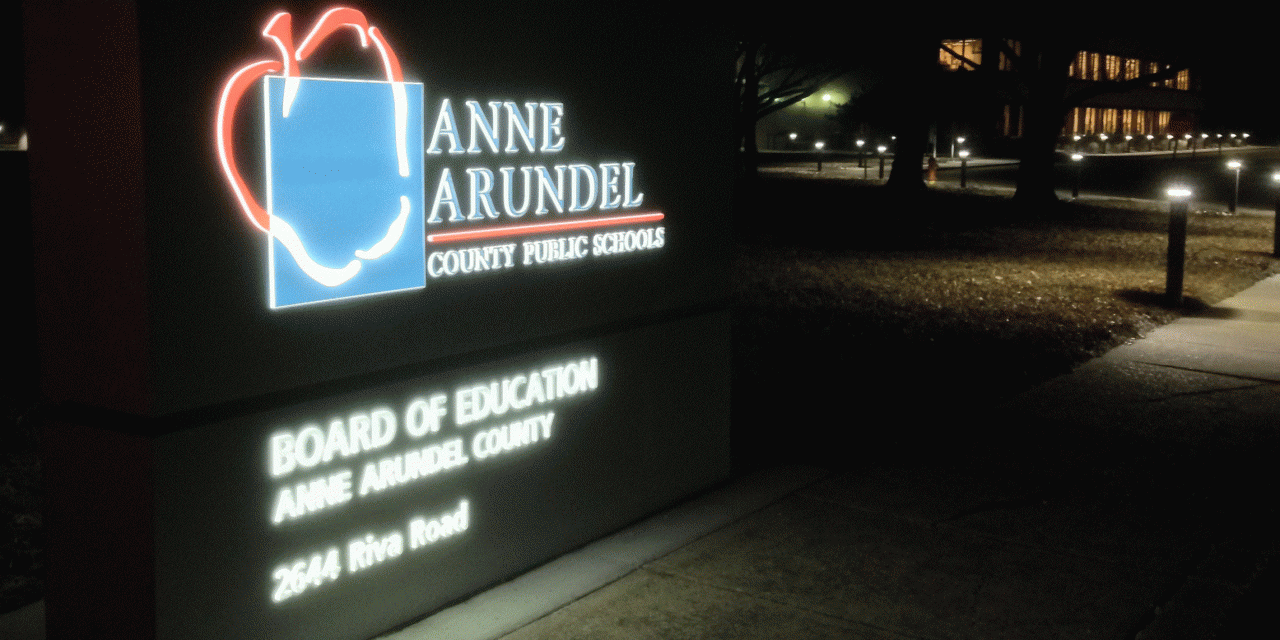Some K-12 public school districts, including Anne Arundel County Public Schools, haven’t been making a good-faith effort to provide their students with the best available outsourced online learning options.
Prior to the coronavirus pandemic, the Maryland State Board of Education provided a list of inexpensive outsourced online courses from which local districts could choose. AACPS further limited options by adding two unwritten restrictions. First, a student could not use a course that competed with the in-house K-12 educators on the district’s payroll.
Second, the course had to be so inexpensive that a typical student taking it saved the district money. Federal and state revenues fund a third of the operating budget, so any online course that cost less and prevented a student from dropping out, such as keeping pregnant or remedial students enrolled, makes money for AACPS.
My family endured a Kafkaesque experience so my son, whose two older sisters had each been a student member of the county Board of Education, could take one of these courses his senior year. We prevailed, but it was a pyrrhic victory.
We had wanted him to take a high-quality online course offered by Johns Hopkins University for high school students. We even offered to pay for it ourselves. AACPS replied that for my son to receive credit he had to take its approved course.
County schools currently pay $300 for the type of online course my son took. That translates to less than 20% of its current in-house provided course cost. The high-quality Johns Hopkins course also cost less — but would have been both more of a competitive threat and not made money for AACPS.
Since the coronavirus struck last March, AACPS has relied 100% on online learning for regular instruction. Meanwhile, it cut the budget for online course choice.
This may be explained by converging school and course choice politics. Prior to the coronavirus, AACPS viewed online school choice as more threatening to its budget and its staff’s political power than online course choice. Now, as demand for outsourced online courses has skyrocketed, both types of choice are viewed as an equal threat.
This dismal political reality shouldn’t be swept under the rug.
Journalists should distinguish between a district’s in-house and outsourced online courses and report on their comparative costs. The theory that you get what you pay for in education is endlessly repeated in local K-12 public education politics. It should also apply to outsourced online courses.
Advocates should sue districts with inadequate online course options. Recent decades have witnessed many successful lawsuits seeking adequate funding for K-12 public education, notably in-house teacher compensation. State constitutional and other guarantees of a “free and equal” right to public education should apply to online as well as brick-and-mortar education.
Where local K-12 public school districts fail to provide an adequately high-quality online education as measured by variables such as student attendance, cheating, grades, and test results, families should be allowed to have their children take accredited, high-quality, outsourced online courses that cost no more than comparable in-house courses.
Legislatures should pass laws to facilitate informed online course choice and apply them equally to both in-house and outsourced courses. For example, the cost of all AACPS’s approved online course options should be clearly posted online so the public can compare in-house vs. outsourced costs.
One day the optimal model for public education may have a very different mix of both in-person vs. online and in-house vs. outsourced instruction. If such a day ever comes about, future historians may view K-12 public school districts like AACPS that allowed entrenched interests to retard its coming as one of the greatest tragedies of the Covid-19 era.
#
J.H. Snider has published widely about K-12 education policy and politics. He lives in Severna Park.
Source: Snider, J.H., Anne Arundel schools block students from taking the best outsourced online courses, Capital, January 3, 2021. Article image can be found here. Press Reader version here.
Note: For background, see the author’s many Public Information Act and other information requests to MSDE and AACPS contained on posts on this website and K12Transparency.isolon.org.

